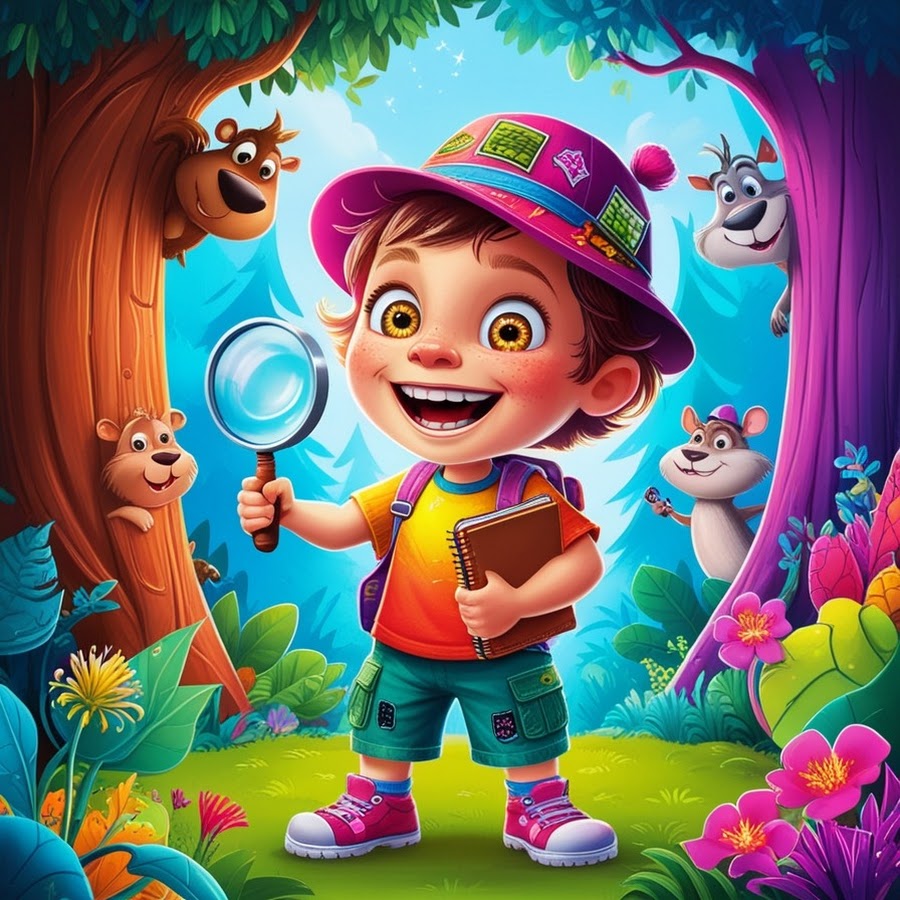Curiosity is an intrinsic trait of human existence, an emblematic characteristic that has propelled societies toward advancement and elucidation. It is fundamental to our intellectual pursuit, igniting questions that often lead to groundbreaking discoveries. As both a philosophical concept and a psychological construct, curiosity transcends mere inquisitiveness; it embodies an insatiable thirst for knowledge, a desire to probe the unknown and explore uncharted territories of thought and innovation.
Elementary curiosity can be manifest in young children, who engage with their environment through play and exploration. This fundamental form of curiosity lays the groundwork for cognitive development and critical thinking. Children often ask a plethora of questions, thus navigating their world with an astute awareness of their surroundings. This phase not only fosters a profound level of inquisitiveness but also implicates the broader framework of learning, as pedagogical theories suggest that experiential learning catalyzes proficiency. Through various methodologies, educators strive to cultivate and sustain this initial curiosity, recognizing its pivotal role in lifelong learning.
The manifestation of curiosity, however, extends beyond the realm of childhood education. In adults, it often adopts a more nuanced form, integrating complexities informed by experience and sophistication. Scholars, scientists, and thinkers alike pursue their endeavors under the premise that understanding the unknown can lead to transformative insights. This pursuit is driven by both a fundamental desire for knowledge and, arguably, a psychological need to reassert control over one’s environment amidst the chaotic unpredictability of existence. In many ways, the quest for the unknown can be equated to a search for meaning in a vast and oftentimes incomprehensible universe.
Evolutionary psychology posits that curiosity is an adaptive survival mechanism. By engendering exploration, individuals are better equipped to acquire vital information about their surroundings, enabling informed decision-making and enhancing survival prospects. This primal instinct remains embedded in the fabric of human nature, as individuals are continuously drawn toward experiences that promise novelty and novelty’s attendant rewards. In this context, curiosity serves as a catalyst for innovation, propelling advancements across disciplines such as science, technology, and art. The interplay of curiosity and creativity is profound, for many scientific breakthroughs and artistic masterpieces originate from a willingness to venture into the unknown.
Moreover, curiosity is not limited to the acquisition of facts; it also encompasses the exploration of ideas, theories, and paradigms. Theoretical physicists, for instance, often find themselves pondering abstract concepts such as multiverses and dark matter, venturing into realms that defy conventional understanding. This cognitive journey is fraught with uncertainty yet rewards the relentless seeker with profound revelations that can redefine existing knowledge. The act of questioning established norms becomes an integral component of intellectual evolution, encouraging critical discourse and fostering a culture of inquiry.
The myriad ways in which curiosity manifests invites scrutiny. Existential philosophies, such as those posited by Nietzsche and Kierkegaard, offer a reflection on the human condition and our insatiable drive for self-discovery. They compel individuals to grapple with existential dilemmas, pushing the boundaries of ontological inquiry. In essence, curiosity is both a source of joy and a source of discomfort, propelling us into existential crises as we confront the unknown aspects of our identity and existence. It compels us to scrutinize the status quo, delving deeper into the implications of our choices and beliefs.
At a societal level, curiosity engenders cultural progress. Diverse civilizations have historically thrived as a direct result of collective inquisitiveness, leading to advancements in various fields, from mathematics to philosophy. The historical pursuit of knowledge is replete with examples of individuals whose curiosity challenged authoritarian regimes and oppressive doctrines, thereby advocating for enlightenment and reform. An informed populace, driven by curiosity, often emerges as a formidable force against stagnation and dogma, perpetuating the cycle of inquiry and understanding that propels societies forward.
Through the lens of technology, the modern era has seen a radical transformation in the avenues available for exploration. The advent of the internet and digital media has democratized access to information, enabling individuals to embark on a path of self-directed exploration unprecedented in human history. Online platforms serve as bustling marketplaces of ideas, facilitating the exchange of knowledge across geographical boundaries. The digital age exemplifies how curiosity can transcend traditional limitations, fostering a global dialogue that encourages cross-pollination of thoughts and ideologies.
Nonetheless, the abundance of information available can yield paradoxical outcomes. While curiosity equips individuals with the tools to understand complex phenomena, it is possible for the overwhelming nature of information to engender confusion. Navigating the vast landscape of data necessitates discernment; critical thinking becomes an indispensable companion to curiosity, ensuring that the quest for knowledge remains both rewarding and enlightening. This dynamic interplay between curiosity and discernment encapsulates the essence of informed inquiry.
In conclusion, elementary curiosity serves as a fundamental driving force in the quest for the unknown. It permeates every facet of human experience, from childhood exploration to the rigorous pursuit of knowledge in adulthood. Curiosity fosters innovation, enhances cultural progression, and compels individuals to confront existential quandaries. In an era defined by information overload, the relationship between curiosity and critical thinking emerges as integral to navigating the complexities of modern existence. Ultimately, the quest for the unknown remains a perennial journey, one that beckons individuals to embrace uncertainty and strive for understanding in the intricate tapestry of life.












